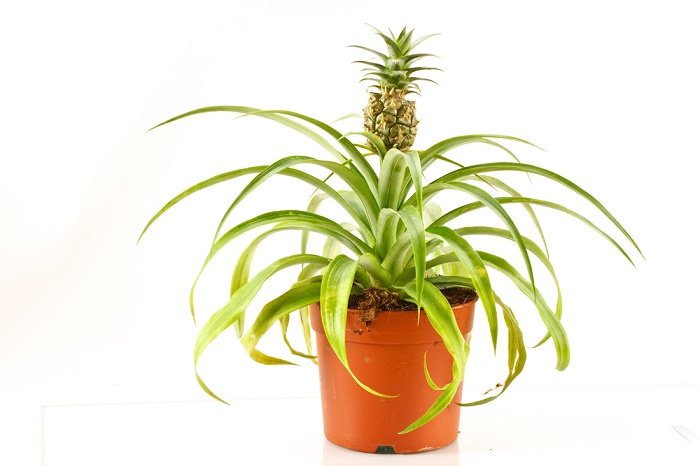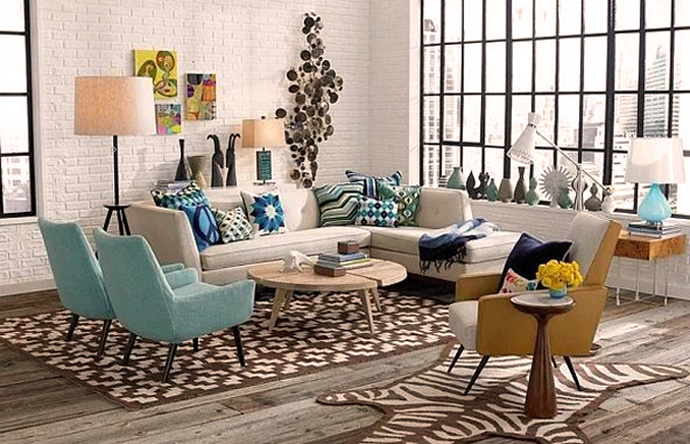When we decide to adopt a major life change, we are forced to evaluate our thoughts and beliefs. Important changes – whether chosen or not – force us to pay attention to what is going on in our minds, and seeing our house in disorder can give us many indications of what we are doing not quite right.

Why do we keep our house messy?
Let’s look in depth to determine the truth of the myths.
And let’s face it: we all have lies that we tell ourselves, even without realizing it. Most of these falsehoods are unwittingly believed (we rarely believe a lie on purpose). But regardless, these lies affect the way we live, the decisions we make, how we communicate with others, and yes, even the state of our home.
Six years ago, my family discovered the joy of owning less when we decided to remove 2,008 items in 2008. We liked it so much, we also removed 2,009 items in 2009, 2,010 items in 2010, and it has continued every year including this one (with 8 people in the household , things seem to seep through the cracks).
This change in our lives, removing the unnecessary so that we can focus more on what really matters, has led me to evaluate my own thoughts and beliefs. As I did so, I began to recognize some of the specific lies that kept my home and life in disarray.
Sure, we each have our own versions, but here are six that are particularly common. See if any of them prevent you from experiencing greater simplicity in your life.
If I limit my wardrobe, my clothes will be boring.
Truth: Having fewer clothing allows us to invest in quality items that fit and coordinate well, so no matter what you wear, you look great. Your clothes don’t have to be boring.
A closet can include any items you want. It doesn’t have to be neutral.
People will notice how big and “well dressed” you look all the time. You can embellish dresses with different accessories to add variety and include your own special touch. If you like hats, different hats can be the pieces that make the difference. The same can be for belts, scarves, heels, or even boots.
If I leave work for later, I will be more motivated to finish it.
Truth: When we put off small projects around our home, a to-do list begins to form in the back of our minds. And this makes it difficult to truly enjoy other things. As a result, not only is the job not done, but it has also become a nuisance to us.
To ease this tension, get into the habit of putting something away when you’re done wearing it. Most small work takes less than 5 minutes. End it and then delight yourself in your fulfillment. Put the bakeware away when you’re done. Wash the dishes after eating. Fold and store the load of laundry when it’s done drying. Sort your mail as soon as you take it home. Or set up the room before leaving. Your house will stay clear, and so will your mind.
If you accomplish small things throughout the day, you won’t have to set aside time to clean up. You’re creating a habit of neatness instead of using all your energy to catch up on what you’ve been putting off.
If I get rid of something, I will regret it later.
Truth: Most of the things we keep, we don’t really need them. And many times, when we do something around keep “just in case” and we get to the point where we need it, and we can’t find it. So, we ended up borrowing one or buying a new one. So why keep it in the first place?
Or maybe we keep things sentimental, since we feel like we are betraying the person who gave it to us if we don’t keep it. We are not getting rid of people or memory; we are just getting rid of an item. If the item is stored in the warehouse, it is not serving its purpose anyway. Allow yourself to find freedom by releasing it. Or allow that item to serve a purpose by giving it a new home.
If I throw papers, I’m going to throw away something important.
Truth: We don’t need nearly as many physical records as we do. Most likely, if you decide to deal with your pile of papers and throw it all in a trash can, a total of 80% of it will be junk mail, receipts you don’t need, bills that have already been paid, or other. documents that are accessible online. The remaining 20% or less can fit in a small display box. Unless you are a business owner, get legal advice from your accountant on whatever you need to better maintain and organize papers and receipts.
If it needs to be done well, I have to do it myself.
Truth: When we are unable to delegate, we hurt ourselves with overwork and burnout. Furthermore, we steal the opportunity for growth from others. Demanding perfectionism is often another form of procrastination. It doesn’t really matter how a job is done, as long as it gets done.
The work may not get done exactly how you would, but delegation is important, especially as we teach our children the value of hard work and how to be an active member of society. Start with tasks that bother you less if you finish them ‘incorrectly’ and then work from there. Many children can break boxes, take out the trash, and choose 20 items of their toys that they want to donate. Your spouse can cope with one room while you make another.
If my closet and drawers are full, I need better organization tools.
Truth: We cannot over-organize. Maybe the solution is not that you need a better organization tool, maybe the problem is that you own too many things. Courtney Carver says this way: “If you need to buy more things to organize all your things, maybe you own too many things.”
Buying organizational tools is just feeding the philosophy of consumerism. Organizing excess is spending even more time sorting and taking care of things, when we could get rid of them once and for all and spend more time doing the things that are really important to us.








